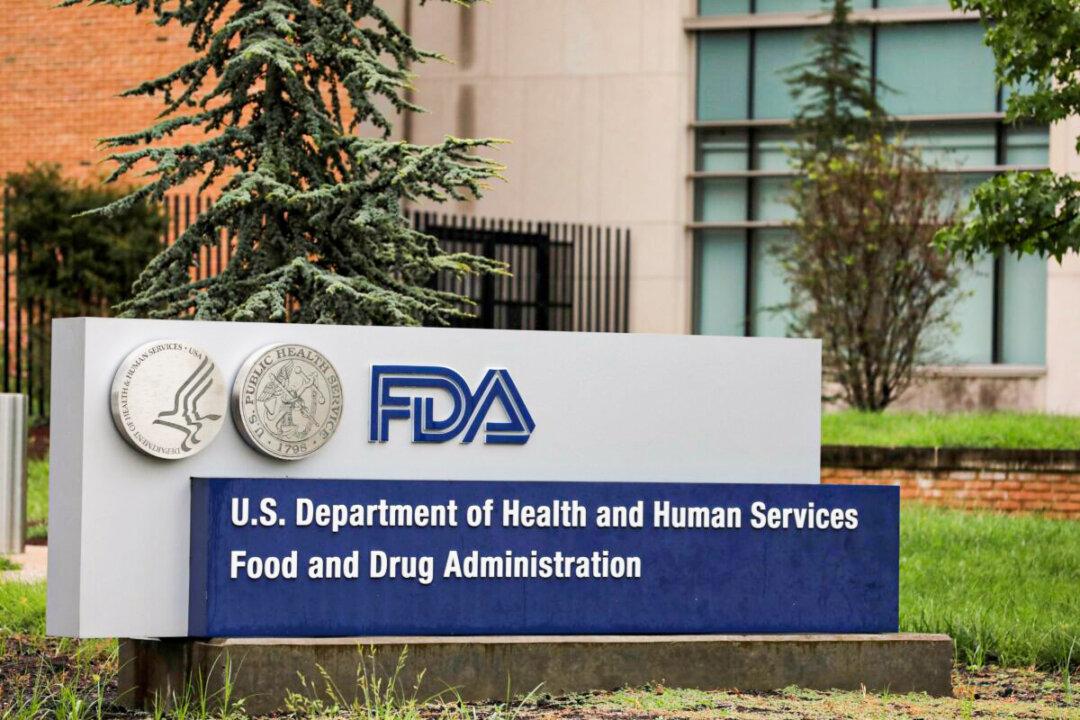The Food and Drug Administration (FDA) on Friday announced it handed down an emergency use authorization for Eli Lilly and Company’s bebtelovimab, a monoclonal antibody treatment for COVID-19.
The drug is intended for the treatment of mild to moderate COVID-19, the illness caused by the CCP (Chinese Communist Party) virus in patients aged 12 and older who tested positive for COVID-19 and are “at high risk for progression to severe” disease, including hospitalization or death.





